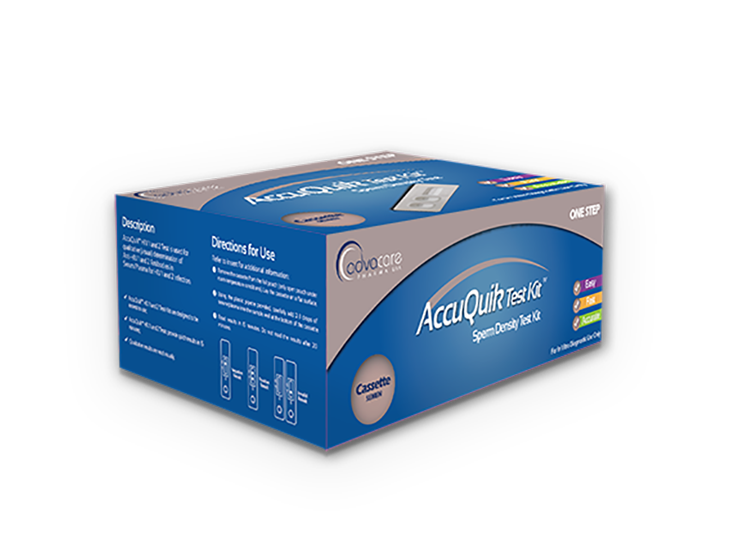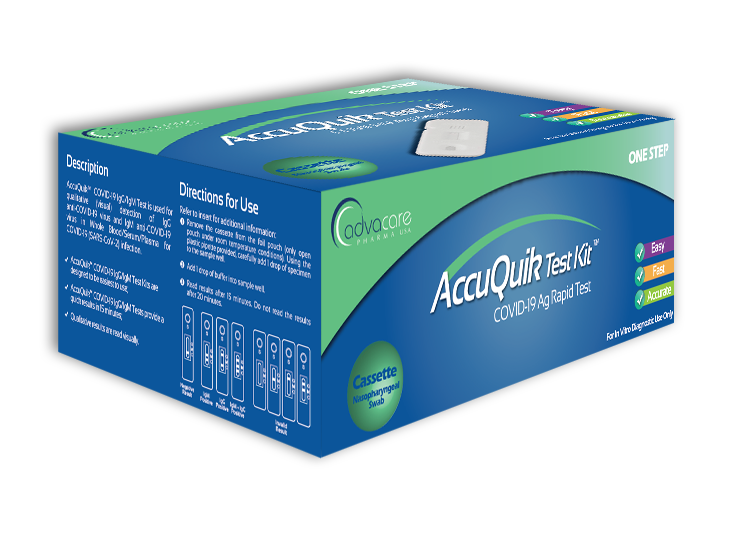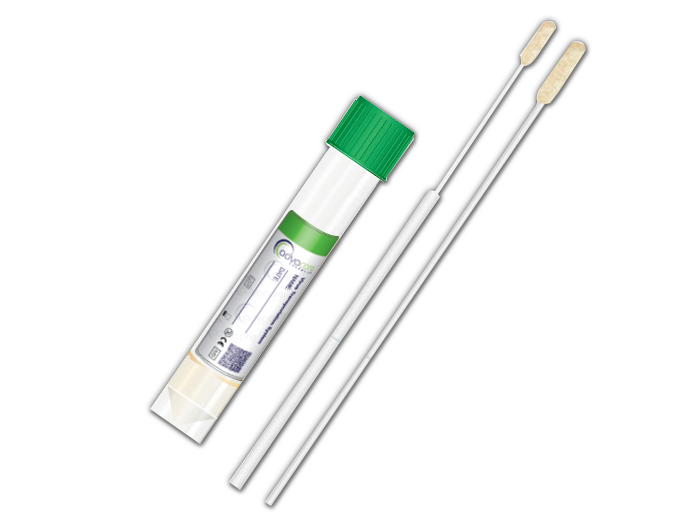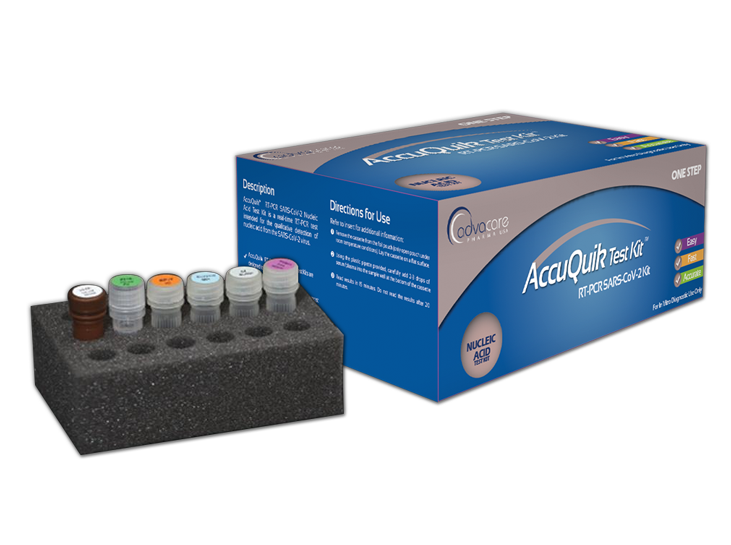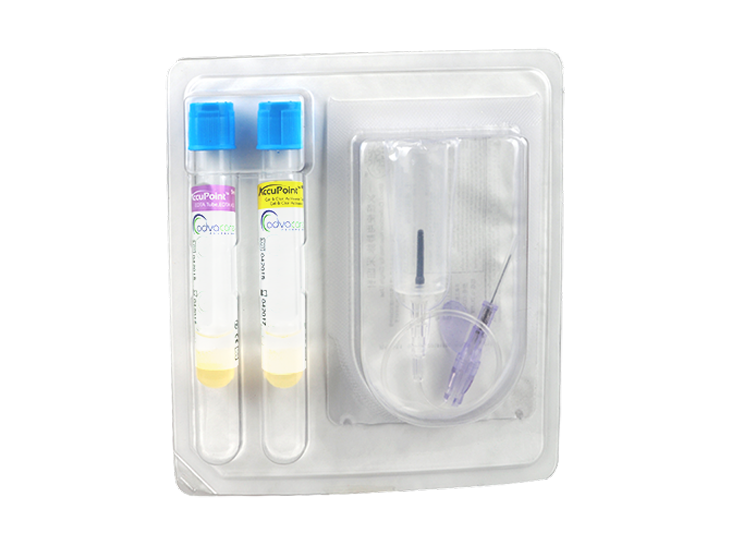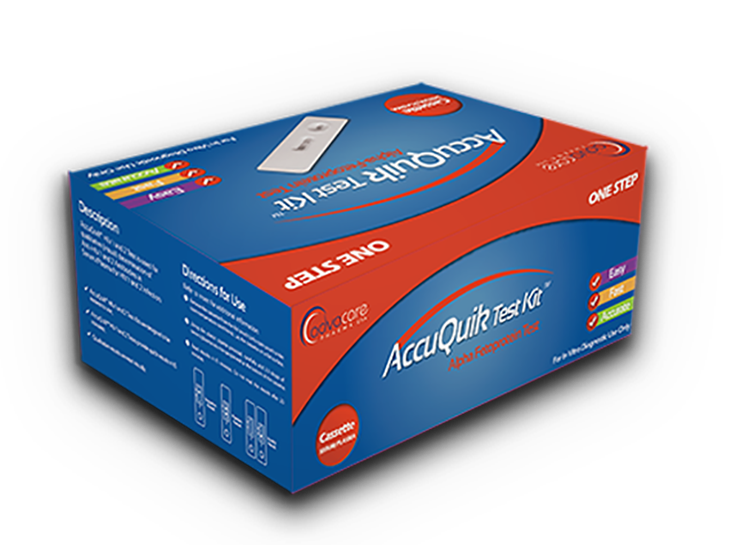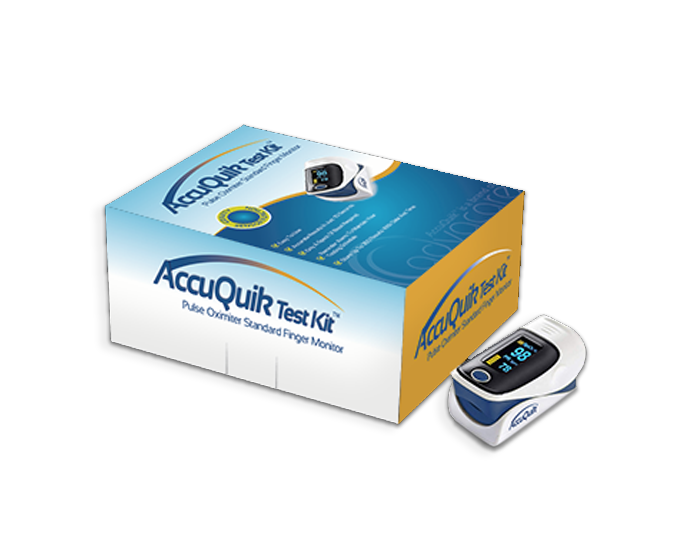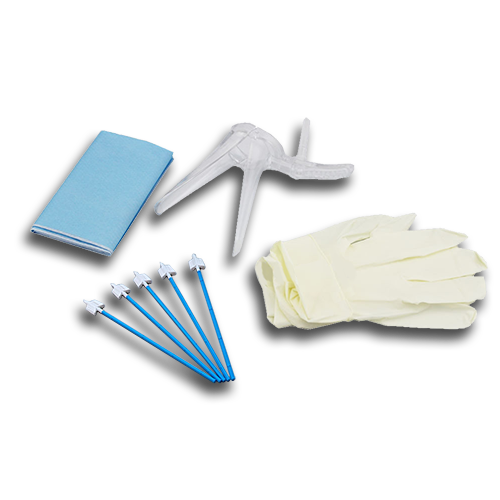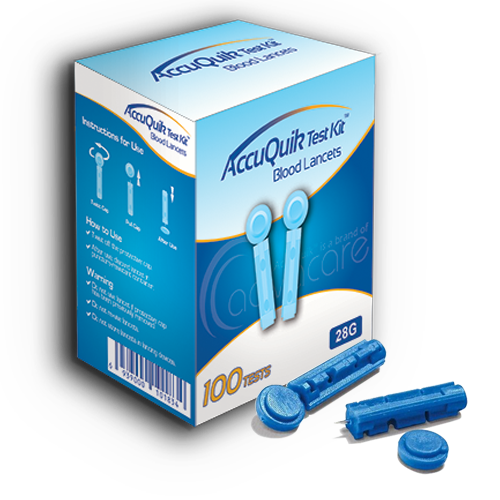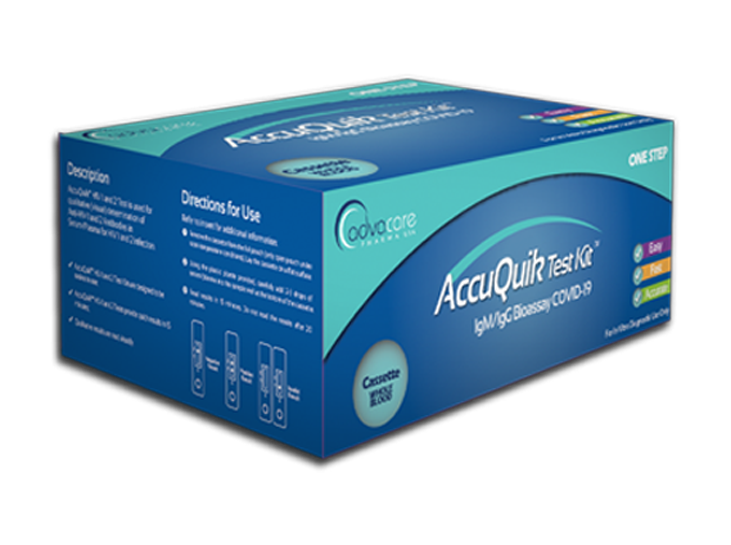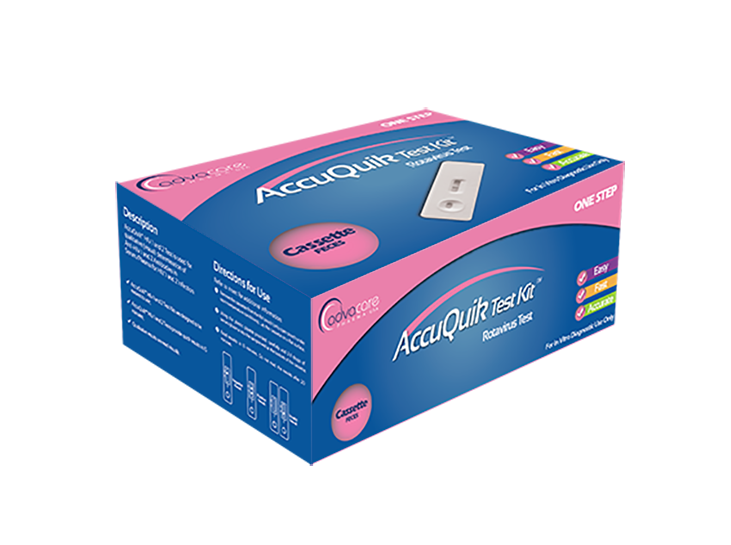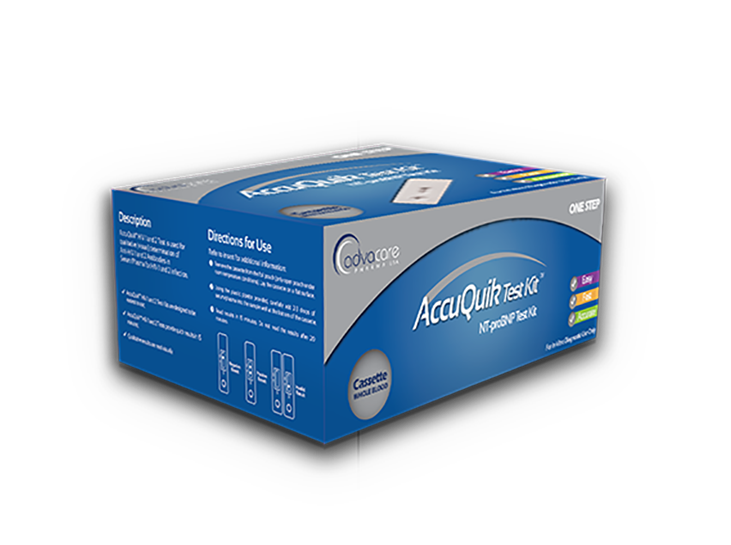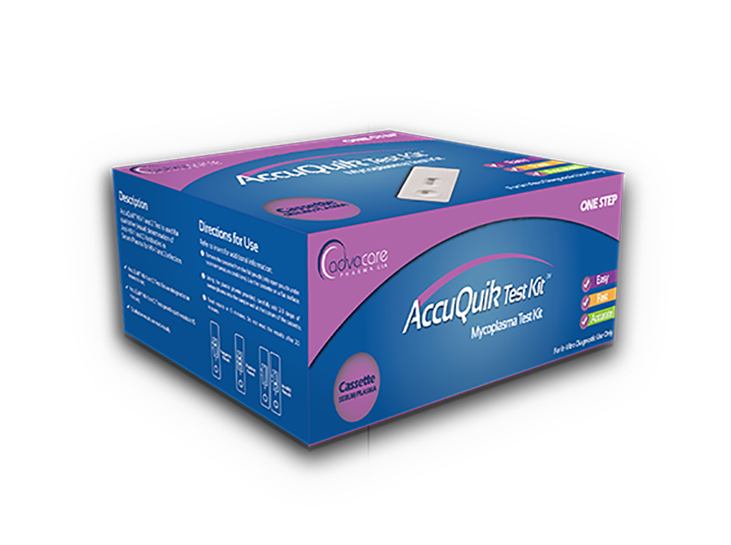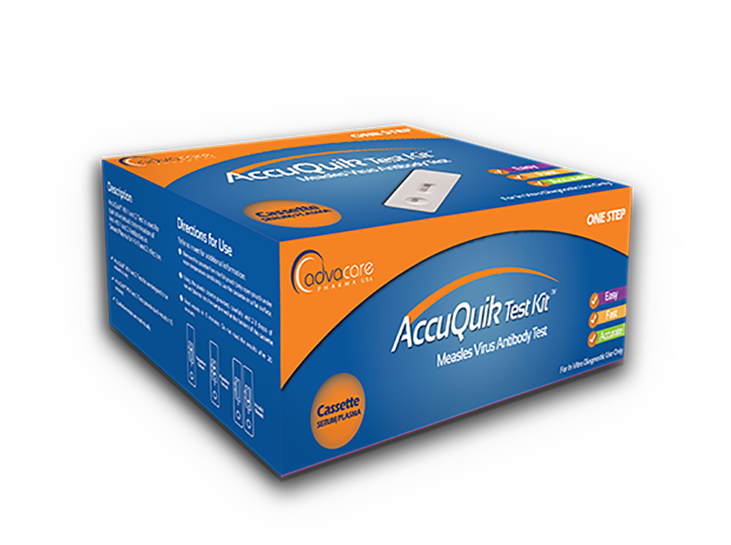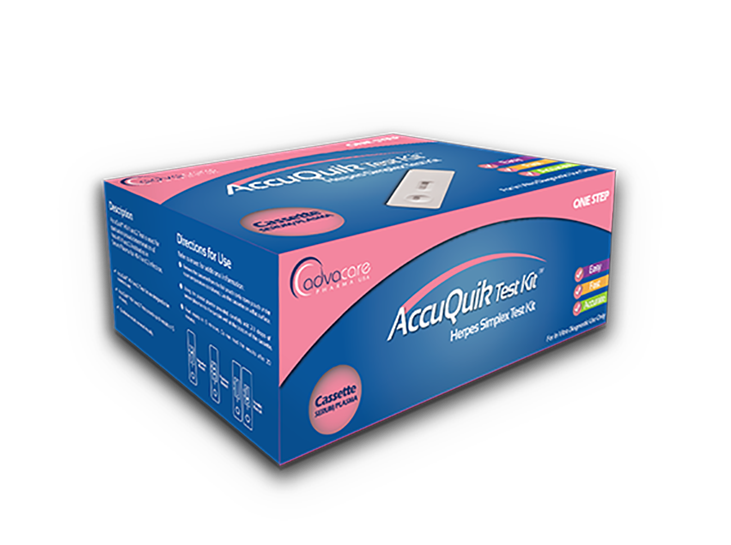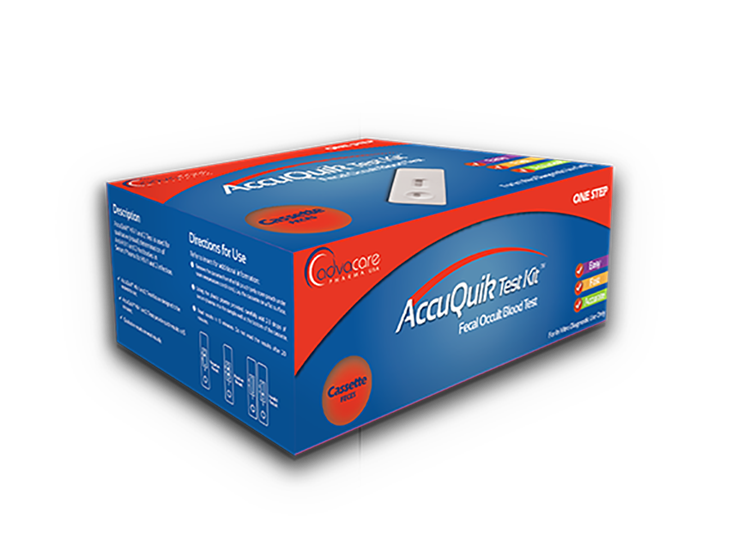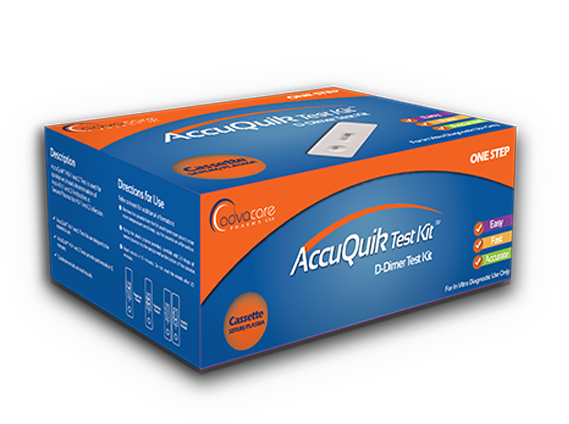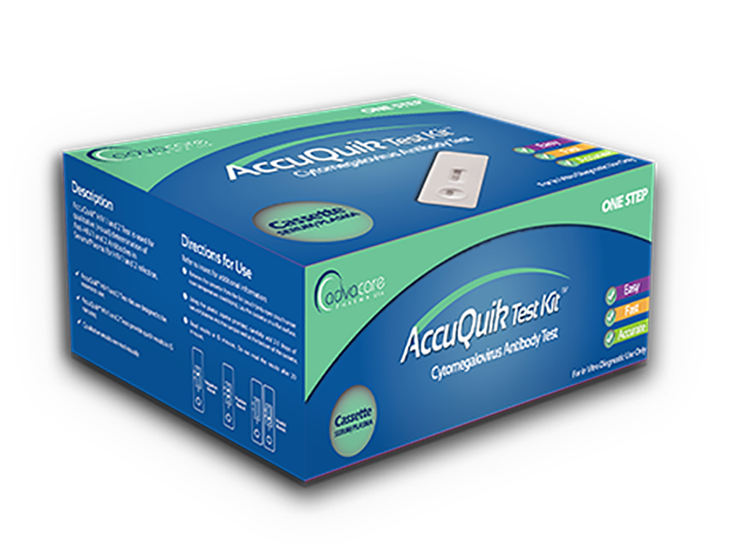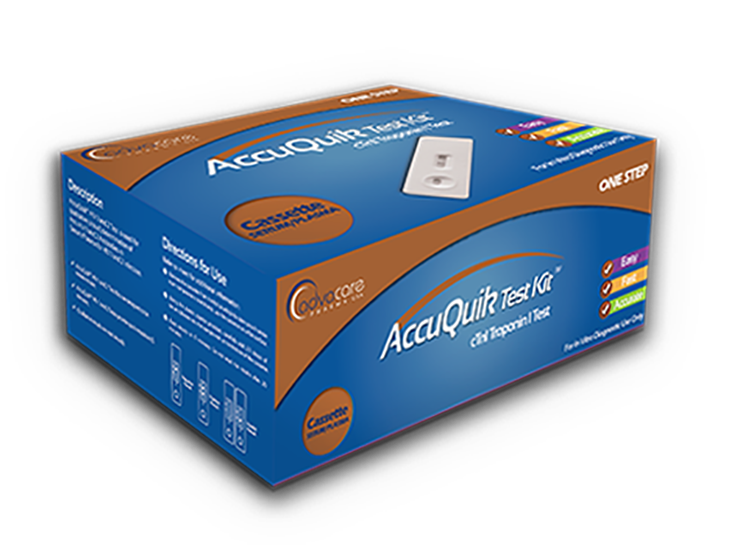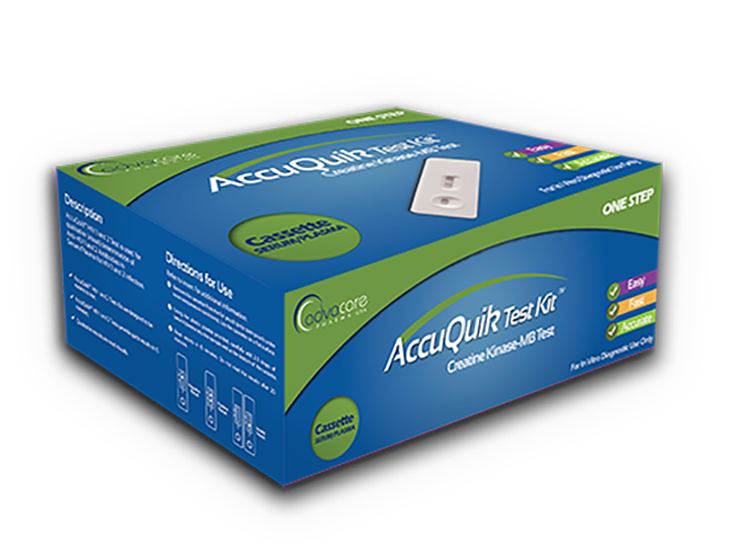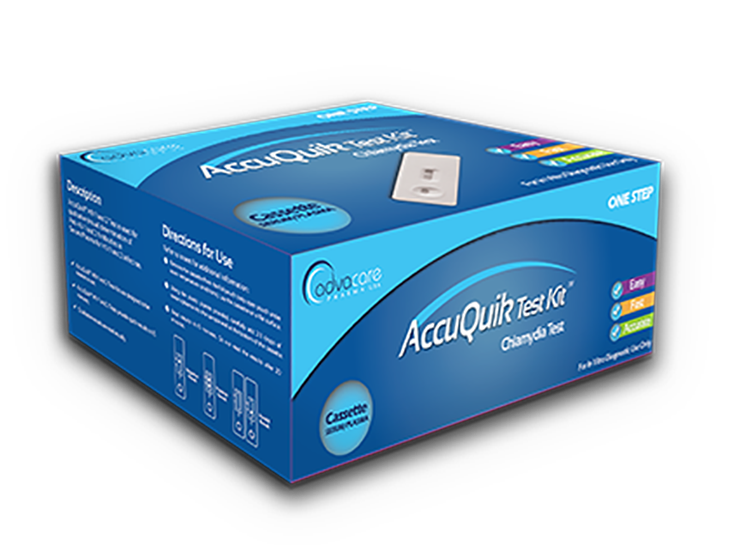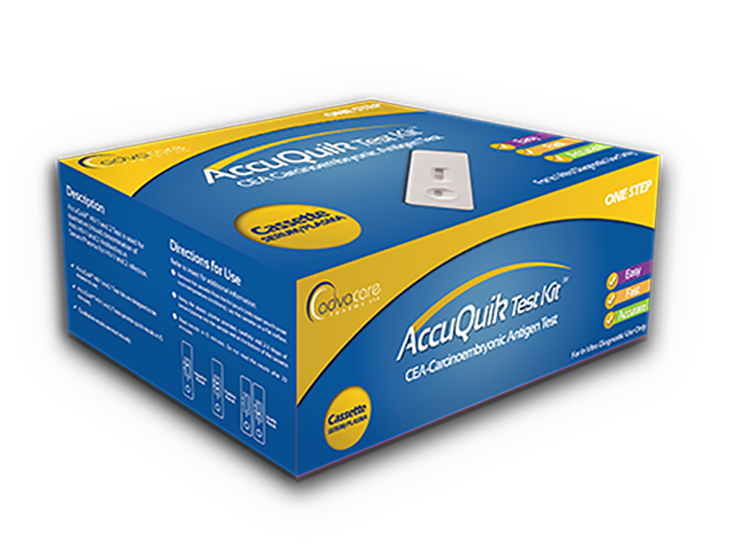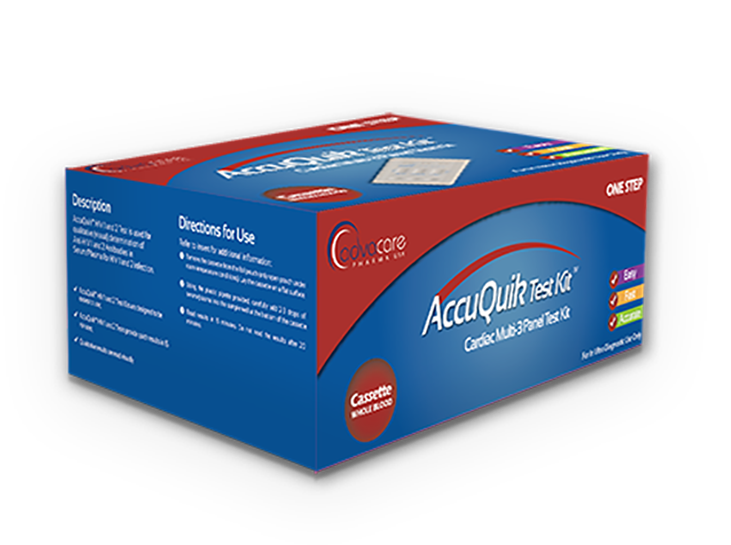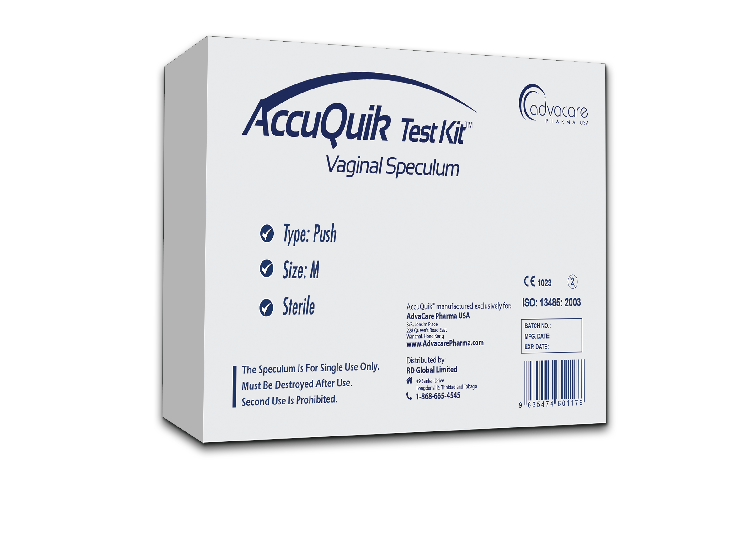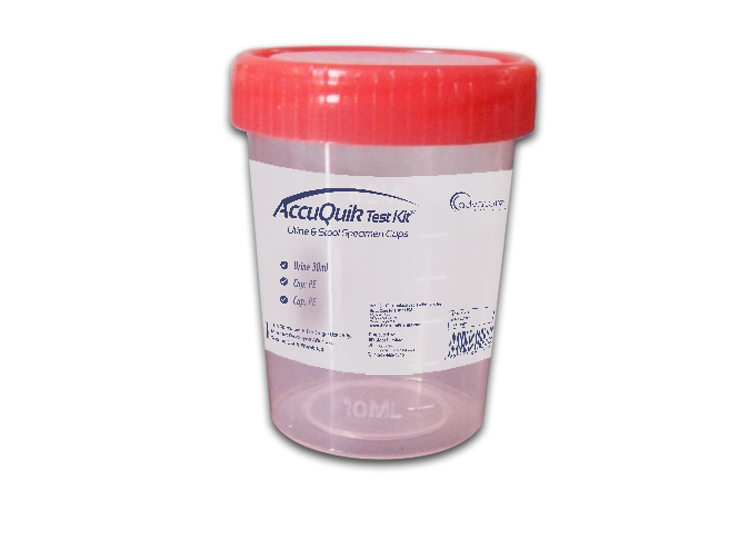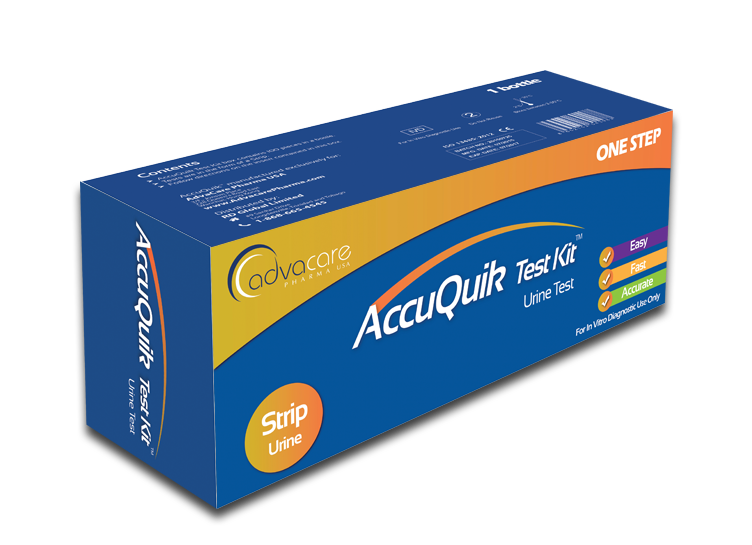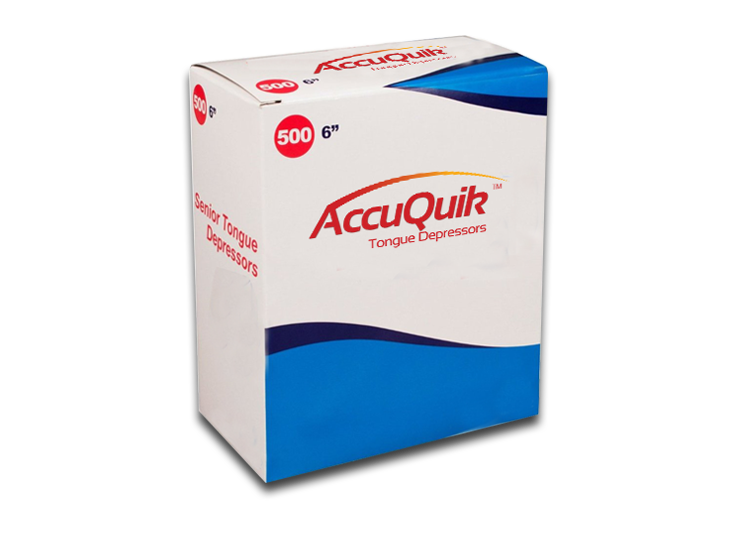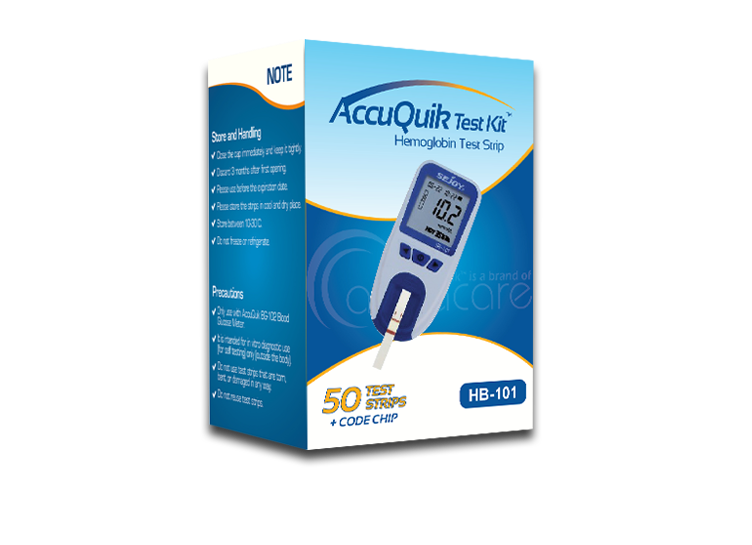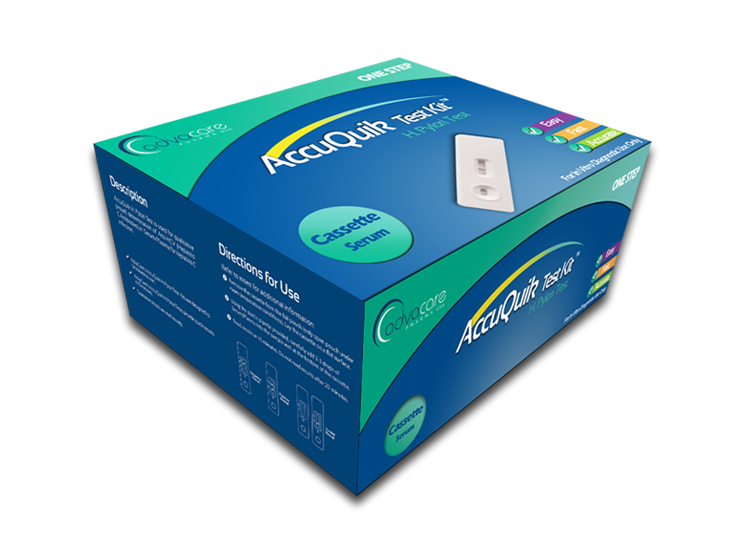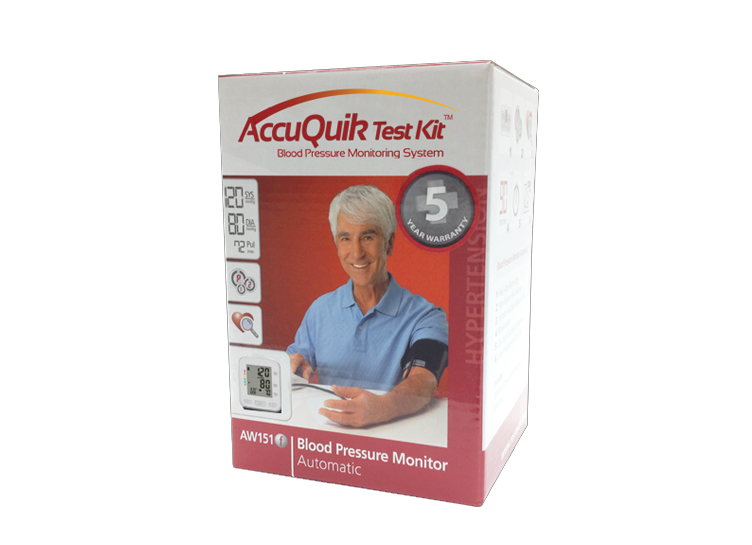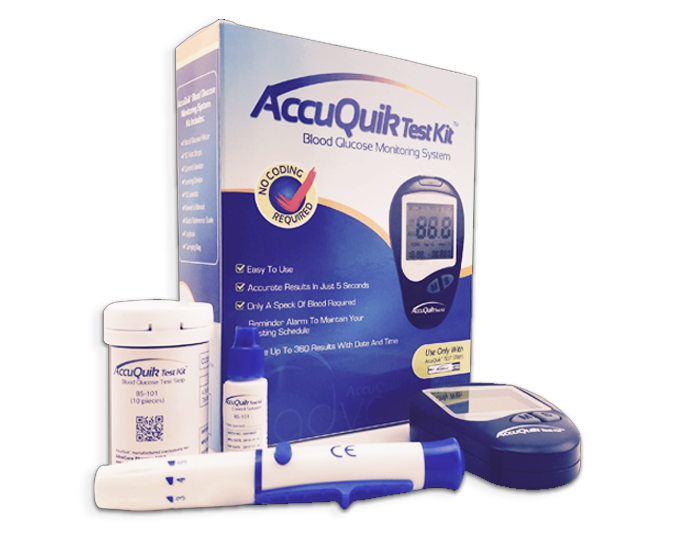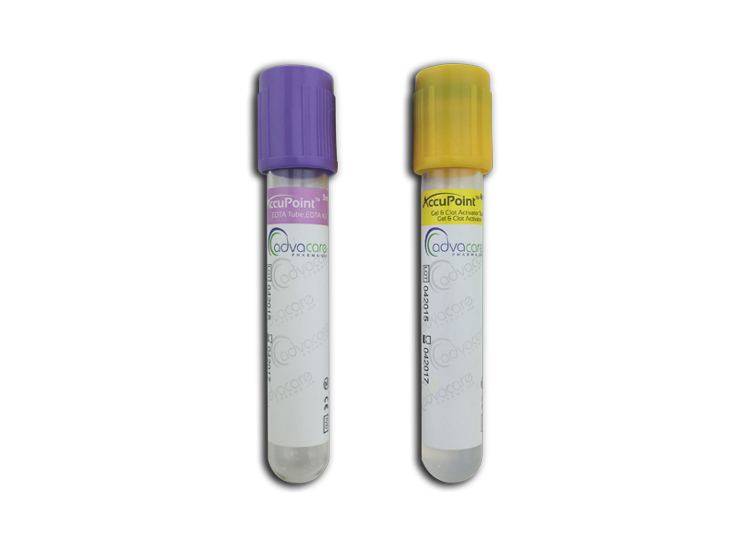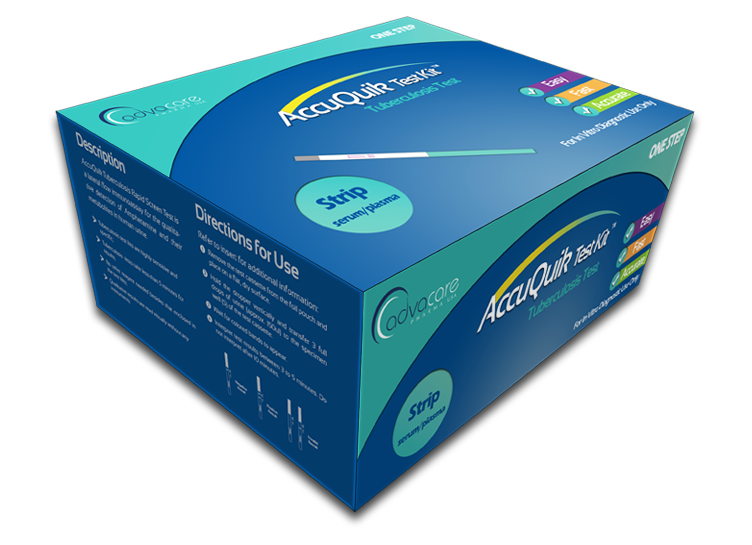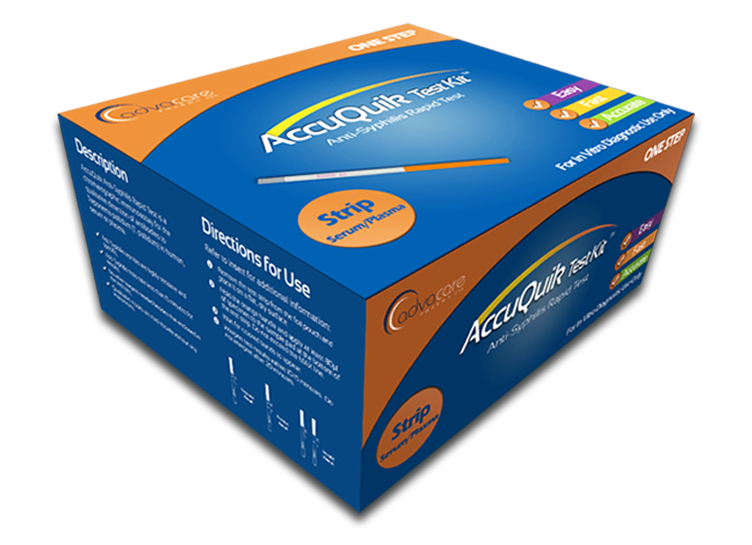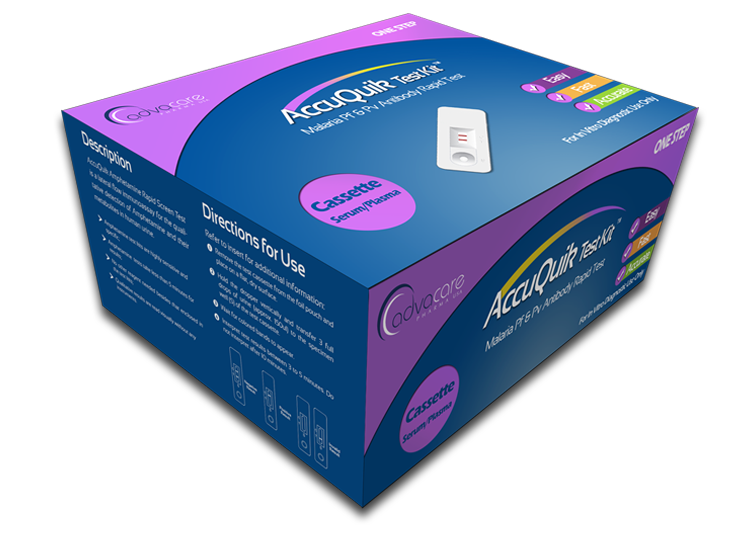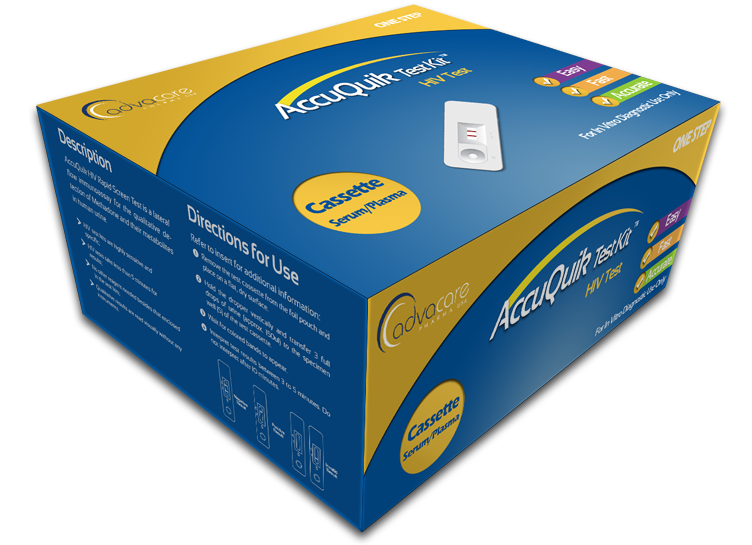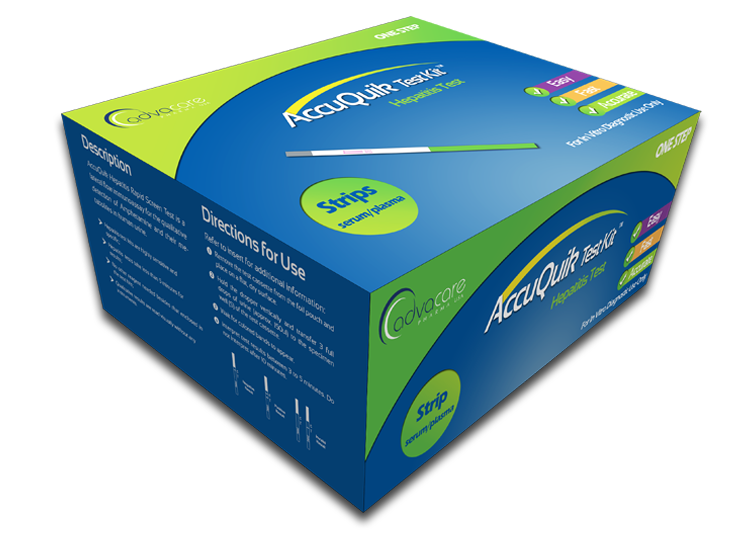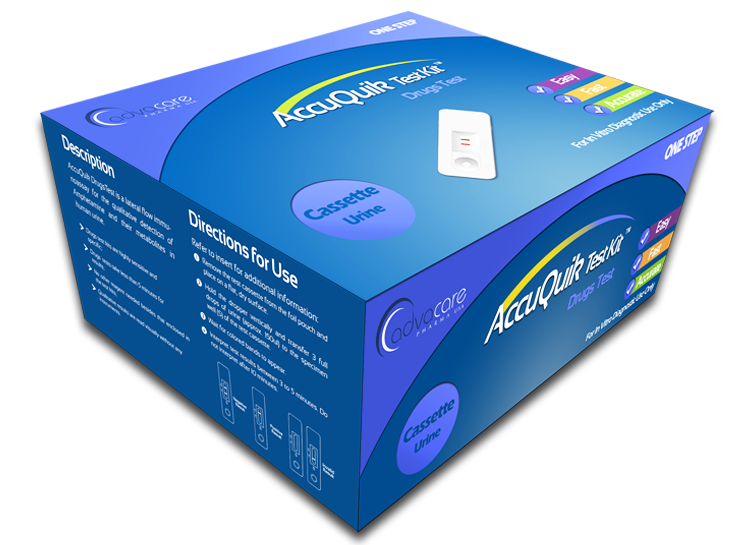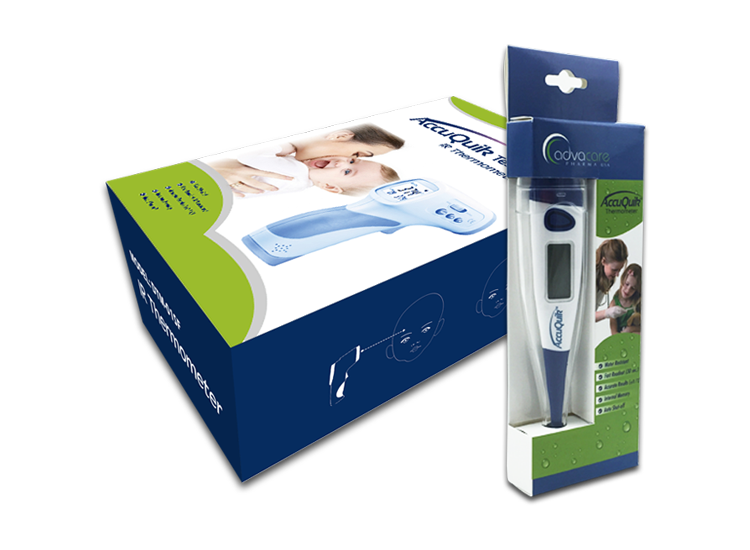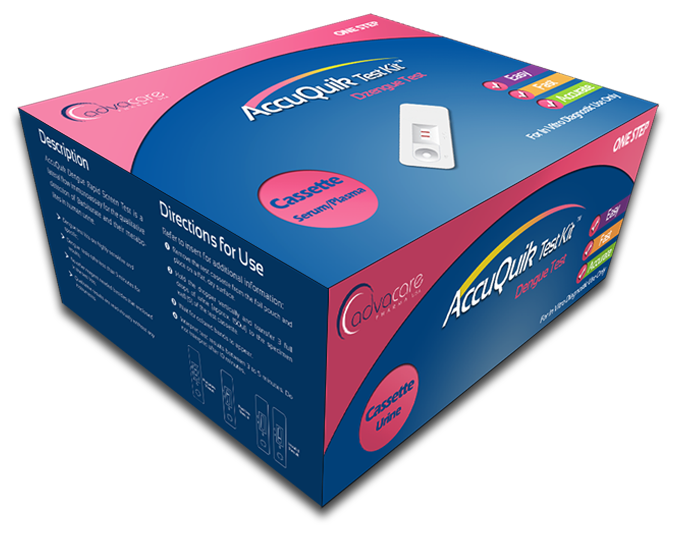More Information about the Sperm Density Test Kit
AccuQuik™ promotes the use of Sperm Density Test Kit.
Sperm Density Test
Available as cassette
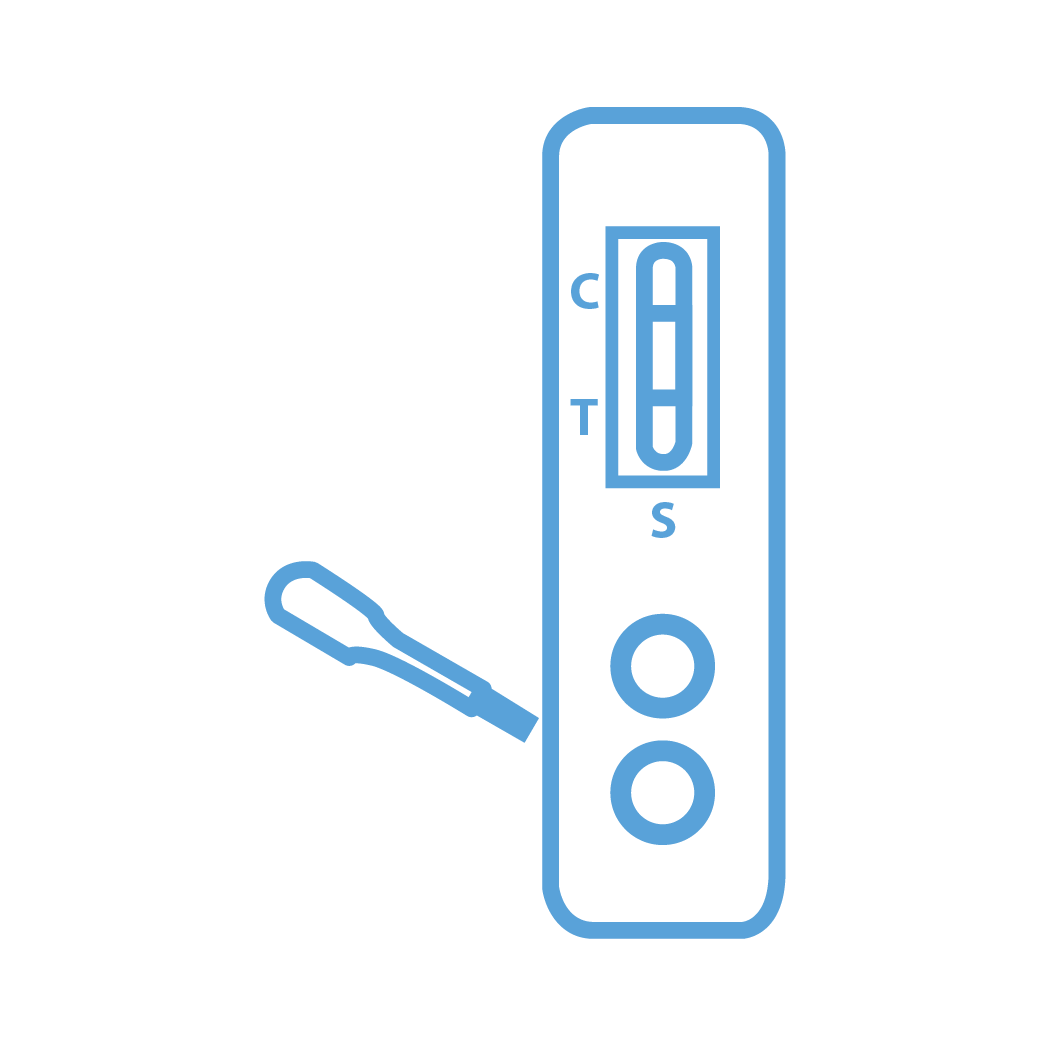
Sperm Density Test Kit is a rapid biochemical assay for in vitro qualitative estimation of sperm concentration in human sperm. AccuQuik™ Sperm Density test kit is convenient for home-use with reliable quality and easily interpretable results. Sperm density test is used as an auxiliary aid in the clinical diagnosis of infertility. It may also be used for pregnancy planning through self-evaluation of sperm count above or below the required concentration for a successful pregnancy. The sperm concentration level set by the WHO to be the norm is 15 million sperm per millilitre. The test kit is able to indicate whether the specimen used meets this normal level. The test alone does not provide the diagnosis of infertility or otherwise. AccuQuik™ promotes the use of Sperm Density Test Kit.
The Kit
General Information
An individual is considered to have a low sperm count when their sperm density is fewer that 15 million sperm per milliliter. Lower sperm count has been linked to lower chances of getting the partner pregnant. However, many men with low sperm count are still able to father a child. Low sperm count can be caused by a number of medical issues, such as varicocele (swelling of veins that drain the testicle), infection, ejaculation problems, anti-sperm antibodies, tumors, undescended testicles, hormone imbalances, defects of tubules that transport sperm, chromosome defects, celiac disease, certain medications or even prior surgeries. Environmental factors might also cause low sperm count, including: exposure to industrial chemicals, heavy metal, radiation or X-rays, and overheating the testicles. Lifestyle factors may include: drug, alcohol, or tobacco use, occupation, depression, weight, or stress.
Treatments
Various treatments are available for low sperm count that causes infertility. Surgery might be administered to correct a varicocele or to repair an obstructed vas deferens. Treatment of infections using antibiotics might also be used, but does not always restore fertility. Other causes of low sperm count occur during sexual intercourse, such as erectile dysfunction or premature ejaculation. In these cases, medication or counseling might help improve fertility. Hormone treatments and other medications can be used when infertility is caused by high or low levels of certain hormones. Assisted Reproductive Technology (ART) may be used to increase the chance of getting your partner pregnant. In ART, sperm obtained through normal ejaculation, surgical extraction or from donor individuals are inserted to the female genital tract or used for IVF or intracytoplasmic sperm injection.

